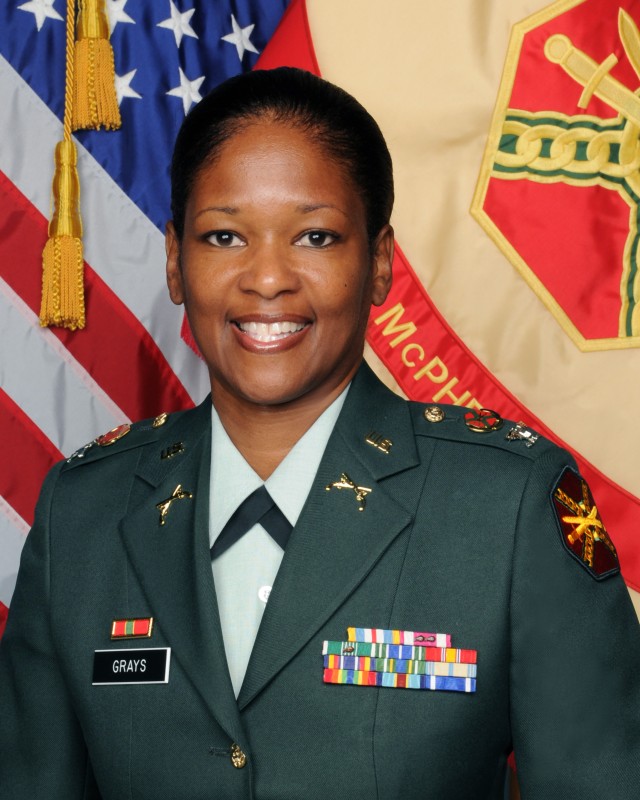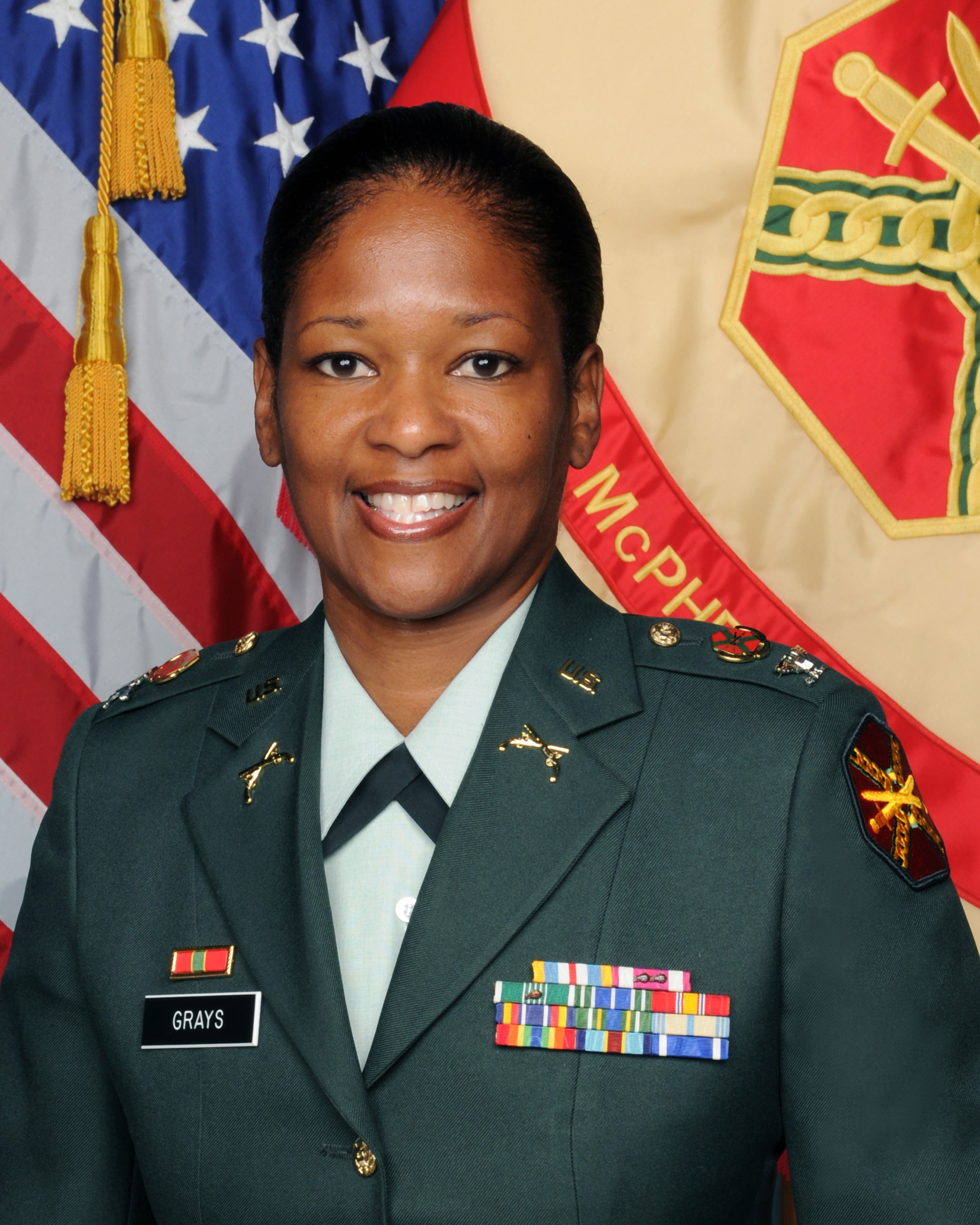Commander's Message
Garrison Commander
Fort McPherson and Fort Gillem
Many of you probably assume government ethics is a relatively new concept; something that bored members of Congress invented to make your jobs harder and require you to have more mandatory training.
Truthfully, however, the concept of government ethics goes all the way back to the mid-13th century.
King Louis IX of France, when faced with increasing corruption of his public officials, enacted ethics rules that bear striking similarities to those in effect today. Louis IX proclaimed that, "At the same time, (royal officials) shall swear not to take or receive, by themselves or through others, either gold or silver or any indirect benefit, or any other things whatever, excepting only fruit or bread or wine, or other gifts to the value of ten sous, which sum must not be exceeded."
The sou was a unit of currency in medieval France.
Interestingly, the current counterpart of this rule has a "de minimis" exception that is set at $20, as well as an exception that allows for shared food and drink in the workplace.
Louis IX's rules even addressed gifts to spouses and superiors: "They shall also swear never to take, or cause to be taken, any gift of whatever kind, through the intermediary of their wives, their children, their brothers or their sisters, or any other persons connected with them; and as soon as they know that any such gifts have been received they must have them returned at the first possible moment.
Furthermore, our provosts, sheriffs, mayors and all our other officers, mounted and unmounted, shall swear that they will not make any gift to their superior officers, nor to their wives or their children, nor to anyone belonging to them."
Current rules provide that gifts offered to Family members are treated as if the gift is offered to the employee.
Additionally, current rules provide for strict limitations on the occasions and value of gifts that subordinates may lawfully make to their superiors.
In 1965, President Lyndon B. Johnson signed Executive Order 11222, which established standards of conduct for government officers and employees.
The order's focus was on identifying conflicts of interest.
The order, along with service regulations, was the only ethical guidance available to the Army until the early 1990s.
These rules were published in AR 600-50 (Standards of Conduct for Department of the Army Personnel).
In the wake of the Watergate scandal, Congress passed the Ethics in Government Act, which became law in 1978.
The act was designed to increase public confidence in the integrity of government officials, to deter conflicts of interest and to elevate the ethics of those entering public service.
The act established the Office of Government Ethics (OGE), which was authorized to draft administrative regulations.
It also set financial disclosure requirements for federal personnel. Many of you will remember the various forms used for financial disclosure.
Financial disclosure exists to assist the employee in avoiding financial conflicts of interests.
In 1993, after years of work, OGE disseminated ethics rules for every agency in the executive branch of the government.
These rules became effective Feb. 2, 1993, and superseded all previously published ethics rules.
On Aug. 30, 1993, DoD published its agency supplemental rules to those disseminated by OGE.
This document is DoD (regulation) 5500.7-R, more commonly known as the Joint Ethics Regulation (JER).
The JER has three parts: Part I is a re-publication of the OGE rules; Part II is the DoD supplemental rules; and Part 3 is a collection of related rules with ethical implications, such as the rules applicable to employee and Soldier political activities.
"Ethics" means different things to different people. For some, it is viewed as a series of principles that establish a standard of behavior that is optional - a nice thing to do, but not required by law.
Others believe they have a duty to comply with their ethical standards or to "do the right thing," even when doing so conflicts with the law.
Daily, we face situations that require application of ethical principles. While answers may appear to be obvious in many circumstances, there are times when they are not. Every Army command has at least one person who is responsible for assisting employees when an ethical question arises.
Each major command on Fort McPherson and Fort Gillem has at least one ethics counselor assigned to its Office of the Staff Judge Advocate.
It is Army policy that ethics counselors are attorneys; other agencies permit non-attorneys to perform ethics counselor duties.
If your job puts you near private organizations or contractors, you should stay in close contact with your ethics counselor.
His or her analytical skills can be of great value in determining the right course of action and in helping you identify areas in which ethical issues may arise.
Louis IX is known to history as "Saint Louis" because of his piety and his ethical administration of the French kingdom.
His example is one we would all do well to follow.


Social Sharing